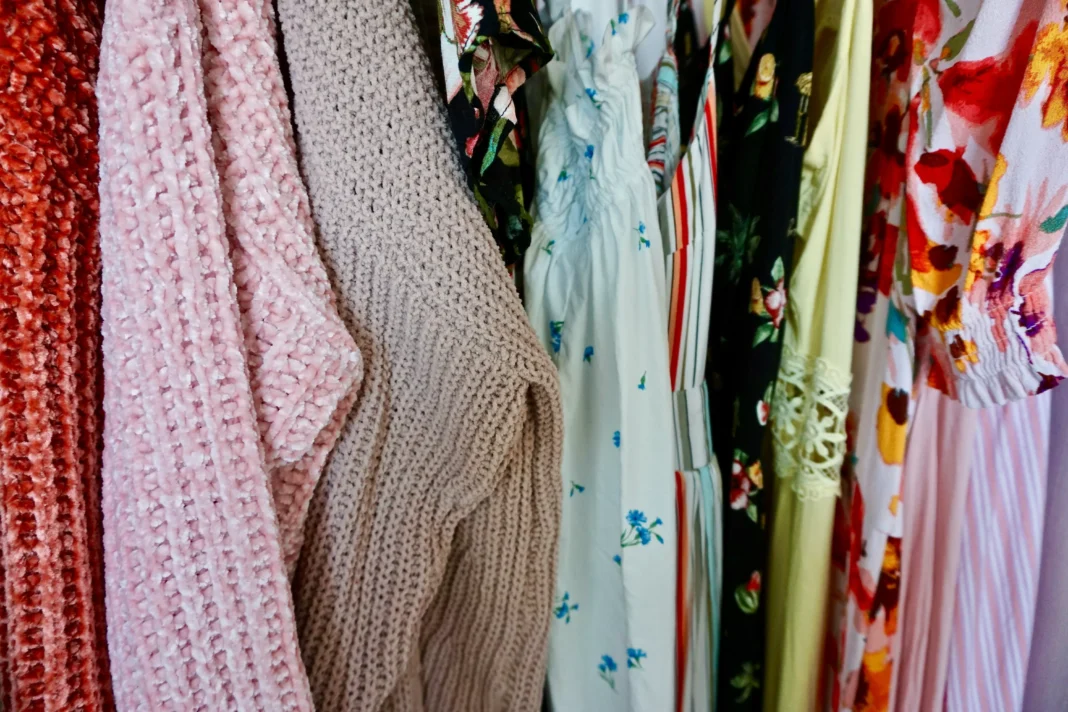Today is Earth Day, an annual day to “broaden, educate and activate the environmental movement worldwide”, according to organizers. This year, as we continue to face the ongoing challenges of the COVID-19 pandemic, it is more important than ever to reflect on the state of our planet and take action to protect it for future generations.
Caring about the planet can sometimes feel like fighting against the tide. We make small changes in our own lives, like using reusable bags and water bottles, but it can seem insignificant when we see the larger issues at play. Why, for example, am I suffering through the sensory hell of soggy paper straws while super-wealthy people are causing unfathomable harm through the transport they use?
One Oxfam report looked at 23 superyachts owned by billionaires and found they traveled an average of 12,465 nautical miles a year. The charity explained “this is equivalent to each superyacht crossing the Atlantic almost four times”. It added the average annual carbon footprint of each of these yachts is estimated to be 5,672 tonnes and “it would take the average person 860 years to emit the same pollution”. I mean, doesn’t it just make you want to scream?
But this frustration doesn’t leave us without responsibility. Environmental charity Friends of the Earth said making planet-friendly and ethical choices when it comes to how and what we consume is “more important than ever given the devastating impacts consumption, and particularly overconsumption, can have on our climate, ecosystems, habitats, and communities”.
“Governments and companies around the world need to do much more to prevent environmental and human rights violations in global supply chains,” the charity said. “But we as individuals can also make a difference through our purchasing habits and lifestyle choices.”
Over the past 10 years, this is something I have worked hard to do – and as my budget is often quite small, I’ve learned how to do it in a way that doesn’t cost too much, either. Here are eight changes I’ve made for a more sustainable lifestyle:
1. Clothes swaps
According to Earth.Org, 92 million tonnes of textile waste is produced every year: “To put things in perspective, this means that the equivalent of a rubbish truck full of clothes ends up on landfill sites every second. If the trend continues, the number of fast fashion waste is expected to soar up to 134 million tonnes a year by the end of the decade.”
Something my friends and I do together to tackle this is swap clothes. When we’re tired of an item of clothing, or don’t send it back in time for a refund, we swap with one another. Some of my wardrobe staples are from my friends’ wardrobes (and vice versa). Not only does this save money, but it also reduces our environmental impact by giving clothes a second life.
2. Secondhand shopping
The BBC reported that 67% of millennials buy preloved clothes, and I’m one of them. Whether I’m looking for something to wear to a wedding or even replacing a long-lost jumper, the first thing I do is open up Vinted to find some bargains. I also use Vinted and Ebay for buying homeware, records, and notebooks. I’m also a seller and have made hundreds of pounds from the clothes I’ve sold.
3. Sewing
I have a sewing machine that was a gift from my partner – but to be honest, when it comes to mending clothes, I find hand-sewing much simpler. I have recovered and reworked so many old pieces of clothing using simple sewing techniques. There’s something really special about knowing you’ve given a pair of trousers a second life with just a little thread and fabric.
4. Reusing old towels
I have one towel that I left home with nearly 20 years ago that is only now showing pretty significant signs of wear. Once towels hit this stage, instead of throwing them out, I cut them into squares, clean them and then use them as my cloths for cleaning and dusting the home. It’s not very ‘aesthetic’ but then again, neither am I. This simple change has significantly reduced my household waste and saved me money on cleaning supplies.
5. Reducing meat intake
I am not a vegan or vegetarian for health reasons, but I do try to reduce how much meat I eat and red meat is only eaten



